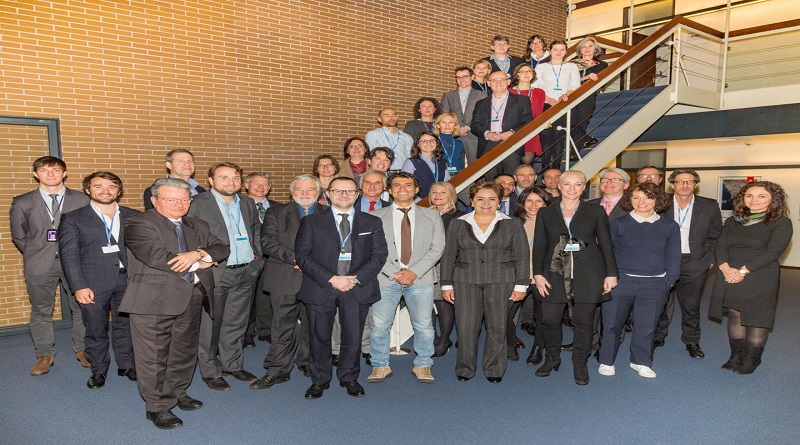New report highlights ways to cut emission from fashion industry
A new report launched on Monday 26 April 2021 has highlighted ways that can help the fashion industry transition towards sustainable, low carbon production by detailing how cotton and polyester can be sustainably sourced.
Under the 2015 Paris Agreement, the international community has agreed to limit global average temperature rise to as close as possible to 1.5°C above pre-industrial levels. This level of ambition will require significant reductions in greenhouse gas emissions across the economy, including by the fashion industry, which needs to work with raw materials which have the lowest possible carbon footprint.
The report “Identifying Low Carbon Sources of Cotton and Polyester Fibres” was developed by a group of experts brought together by the UN Fashion Industry Charter for Climate Action.
“This report points to crucial actions that should be taken now and to a clear need to improve how we measure and report raw material impacts. For the industry to stay within the 1.5˚C pathway, we need to start at the beginning of the supply chain with the transformation of raw materials,” said Claire Bergkamp, COO at Textile Exchange and Raw Materials Working Group Co-chair.
Currently, cotton is the most used natural fibre and the second most used fibre overall in the textile sector. The report clearly shows that improving soil health by phasing out synthetic fertilizers and increasing on-farm composting is a critical change that needs to be scaled now.
Polyester, on the other hand, makes up around half of the total fibre market volume produced globally.
The report highlights strategies available to organizations to reduce climate impacts from polyester production, including scaling up the use of recycling technology providers, improving recycling infrastructure, and investing in automated sorting technologies and alternative feedstocks.
“This report is a testament to what is possible through active collaborations. And we have a roadmap for what needs to change so that we can reduce greenhouse gas reductions,” said Karla Magruder, Founder at Accelerating Circularity and former Raw Materials Working Group Co-chair
To further spur climate action on lower carbon raw materials, the Fashion Industry Charter and Textile Exchange have launched the 2025 Recycled Polyester Challenge. The challenge seeks commitments from companies to replace their use of ‘virgin’ (sourced directly from nature) polyester with recycled polyester to shift global volume from the current average of 14% up to 45% by 2025.
Several Fashion Industry Charter signatories have joined the challenge, including adidas, Elevate Textiles, G-Star Raw, H&M, Pidigi, Puma, Sympatex Technologies, Mantis World, House of Baukjen, Bottletop, Reformation, and VF Corporation among others, thus committing to report annually on their polyester consumption in the Textile Exchange’s Corporate Fibre and Materials Benchmark (CFMB) survey, which will track progress towards the collective goal by participating companies.




